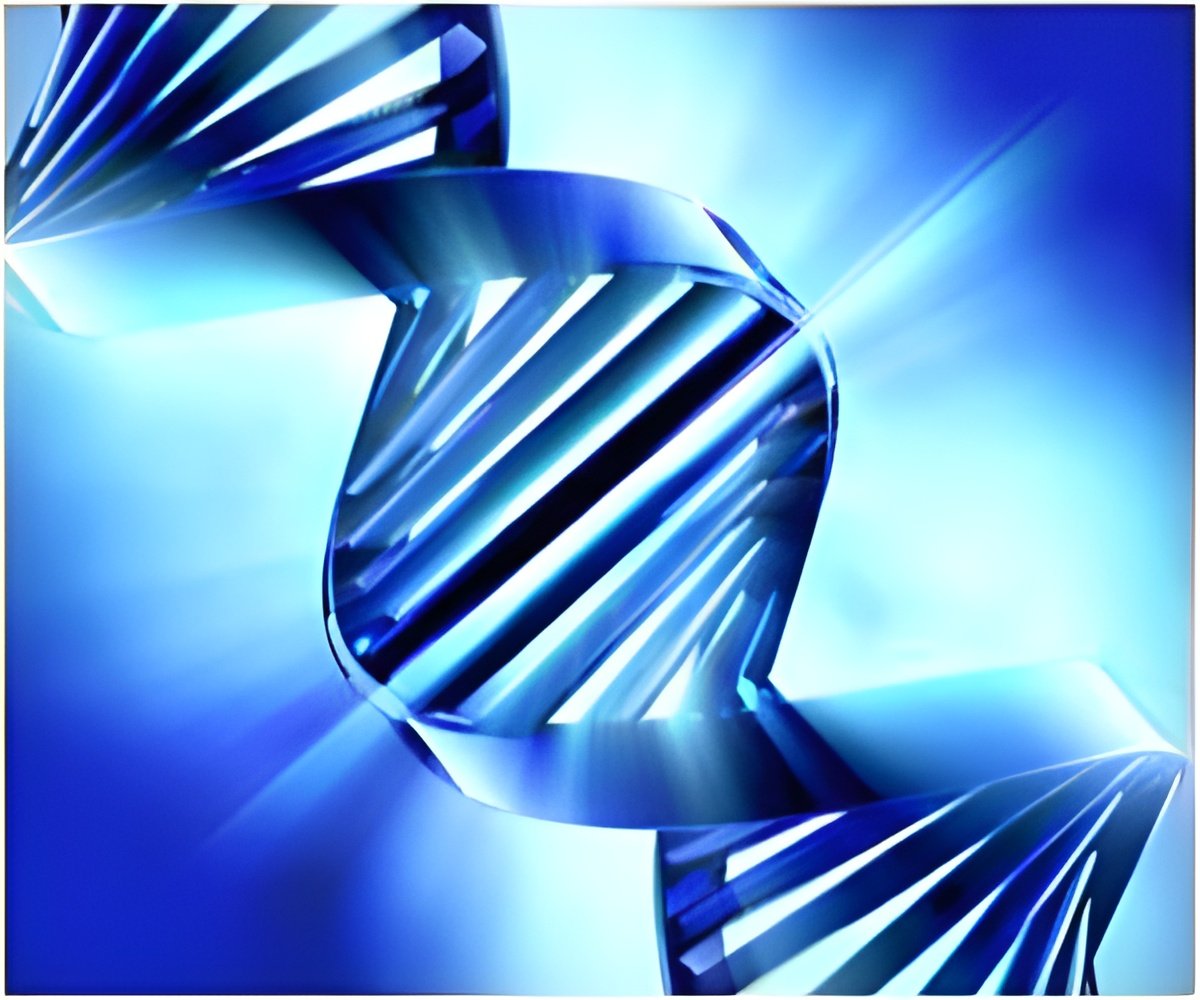
But despite the recognized capability of marine strains of the cyanobacterial genus Lyngbya, and specifically the species L. majuscula, to create hundreds of natural products with biomedical promise, surprisingly little is known about the genetics underlying their production.
Now, a research team led by Scripps Institution of Oceanography student Adam Jones and postdoctoral fellow Emily Monroe provide the first insights of the genome of Lyngbya majuscula 3L, a Caribbean organism that generates compounds that are being developed for potential treatment against cancer and neurodegenerative diseases.
"These compounds have gained considerable attention due to their pharmaceutical and biotechnology potential, but they are also notorious for their environmental toxicity and threats to humans, wildlife and livestock," said the researchers.
In the marine environment the wiry, or 'filamentous', cyanobacteria play a vital role in the global carbon cycle.
Lyngbya strains are known to disrupt the healthy growth of coral reefs and are behind the agents responsible for a skin rash known as "swimmer's itch."
Advertisement
The team undertook several different research tactics and experiments, including single cell genome amplification, protein and metabolite profiling.
Advertisement
Yet as much as the genome revealed about Lyngbya majuscula 3L, the researchers also uncovered key information about its limitations and shortcomings.
While marine Lyngbya strains are proven prolific generators of natural products with biomedical and pharmaceutical potential, the new study shows that more work is needed to pinpoint which species generates which natural products.
The findings appear in this week's online early edition of the Proceedings of the National Academy of Sciences.
Source-ANI









